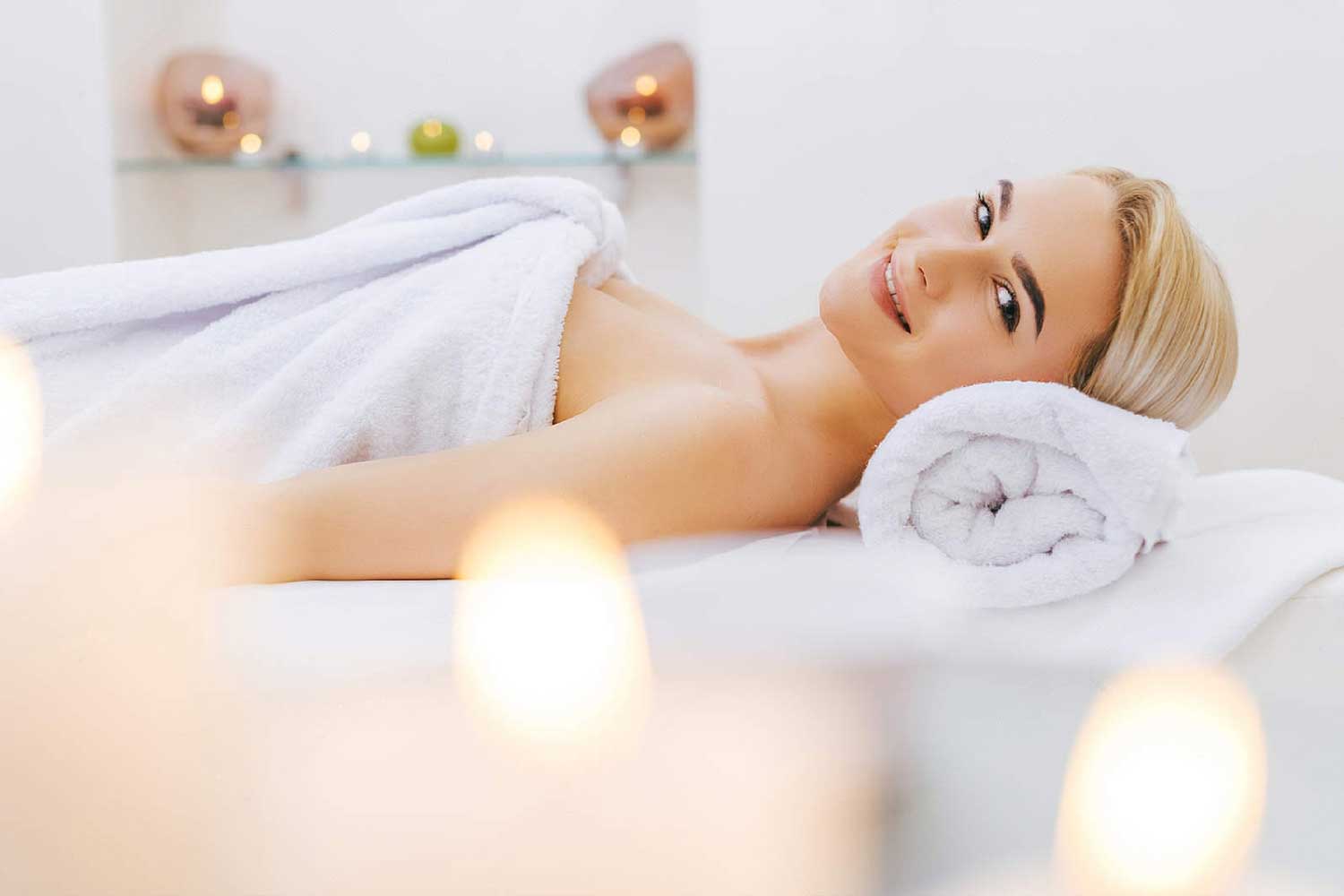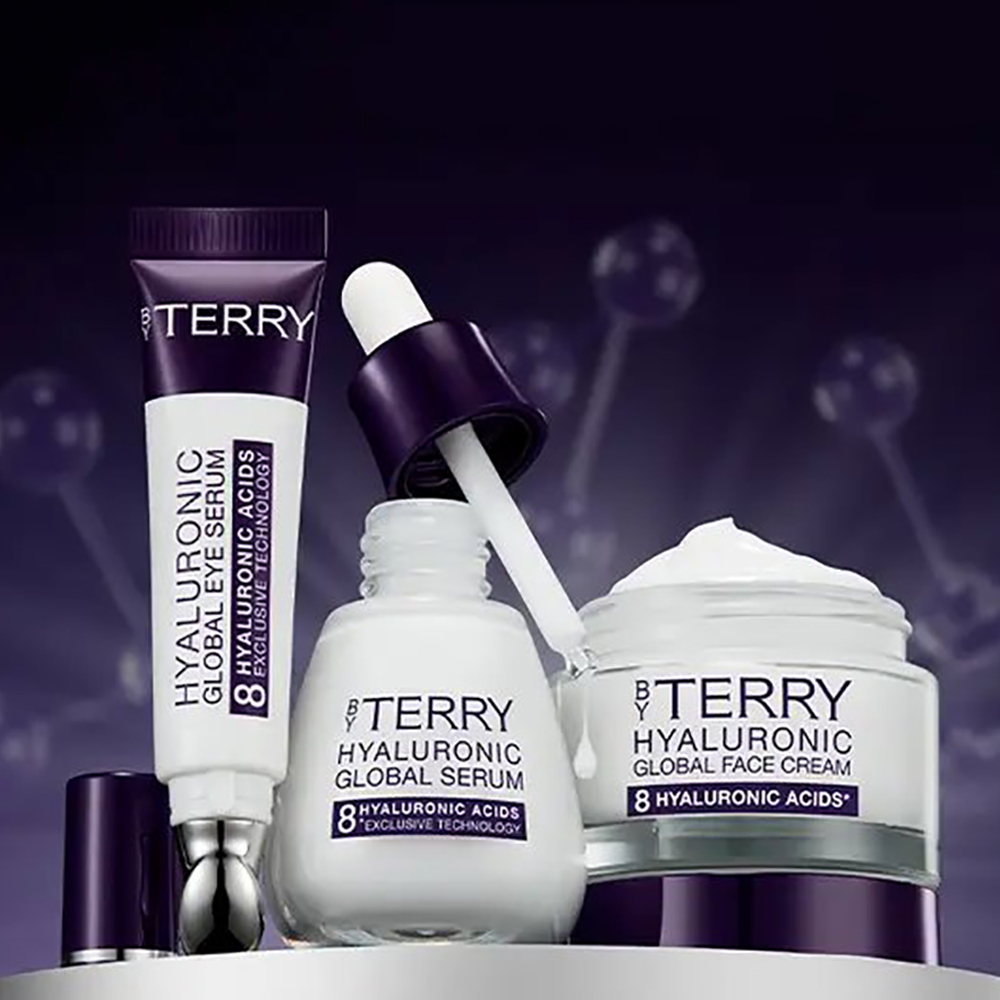
Taking care of oneself has become increasingly popular with beauty enthusiasts promoting the benefits of having a self-care routine. However, for individuals who are struggling with mental health, activities like applying a face mask or taking a bath can feel like a chore rather than a comfort. In fact, millions of people are searching for ways to have a skincare routine while also taking care of their mental health. But, what is the link between our mental state and our daily habits?
The Effects of Mental Health on Personal Care
When dealing with mental health issues, engaging in personal care routines can become a struggle. People with mental health problems often lose their motivation or may not find pleasure in activities that they previously enjoyed. This can make it difficult to stick to a skincare or beauty routine. Stephen Buckley, Head of Information at Mind, states that it is not uncommon for individuals to feel like these routines are not a priority during difficult times.
The impact of not taking care of oneself can further exacerbate mental health issues. When we take care of our bodies, it not only provides us with a sense of confidence and control but also helps us to feel good about ourselves. Due to this, it’s crucial to ensure that one is engaging in self-care practices while dealing with mental health issues.
Stressful Lifestyles and Skincare Concerns
While struggling with mental health problems, daily stressors can often impact one’s skincare routine. Stress can lead to an increase in cortisol levels, which subsequently leads to an increased risk of acne breakouts and premature aging. The effects of not taking care of oneself during difficult times can be doubled by skin concerns that arise due to stress.
Stressful lifestyles and mental health problems can also lead to a lack of sleep, which can cause dark circles and puffy eyes. Many individuals deal with these issues while trying to maintain their skincare routine, which often leads to frustration and even more stress.
Self-Care as a Form of Healing
Self-care routines can be an essential form of healing for individuals dealing with mental health issues. Practicing self-care is a way of showing oneself that they are worthy of love and care. Beauty routines, such as skincare and makeup, can help individuals to feel good about themselves and provide a sense of normality amidst chaotic times.
Many people are opting for natural beauty products and slow beauty movements as self-care options. The slow beauty industry promotes products that encourage self-care routines and provides a way for consumers to be more mindful of the products they use. This mindfulness encourages individuals to be more present in the moment and concentrate on self-care as a form of healing.
How to Create a Self-Care Routine That Works for You
Creating a self-care routine that works for you can be a challenge. Some products may work better for some individuals and may not work as well for others. Here are some tips to help you create your ideal self-care routine:
- Experiment with different products and find what works for you.
- Try a skincare journal to track your progress.
- Create a daily schedule to ensure you are taking care of yourself.
- Include activities that you enjoy, such as reading or listening to music.
- Involve friends in your self-care routine for added support.
In conclusion, self-care routines can be challenging to maintain while dealing with mental health issues. However, it’s important to remember that taking care of oneself is crucial for overall wellbeing. Skincare routines and other self-care practices can be a form of healing and should be an essential part of anyone’s mental health routine.




